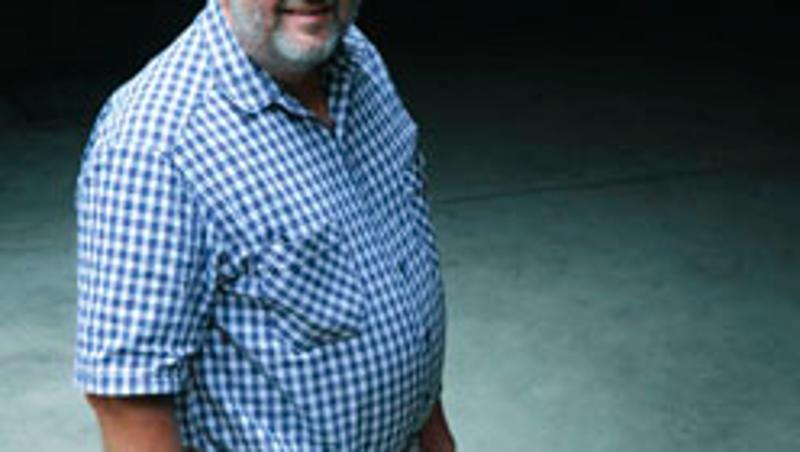
A leading Queensland University of Technology chemical scientist says mining uranium for nuclear energy is a "safer" alternative to coal-fired power stations.
Emeritus Professor Ray Frost, from QUT's Science and Engineering Faculty, has welcomed the State Government's decision to re-consider uranium mining in Queensland after a 30-year ban.
"It's a good decision because nuclear power doesn't generate greenhouse gases like coal-fired power stations," he said.
Professor Frost said while some might fear the dangers associated with uranium mining, such as radioactive contamination, advances in technology meant these risks could be managed.
"Queensland hasn't mined uranium for three decades, but one of the important things to remember is that the technology used to mine uranium has moved forward," he said.
"It's also worthy to note that most other states in Australia are already mining uranium - so it's not like it's not being done in this country.
"Today we have the technology to ensure that radioactive pollutants don't contaminate the ground.
"Here at QUT we have developed ways to remove radioactive elements from water sources, as well as the technology to detect radioactive contamination in the ground."
Professor Frost, who is part of the School of Chemistry, Physics and Mechanical Engineering, said as part of the process of mining uranium, uranium ore was treated by chemical leaching which separated the natural uranium or yellowcake, leaving behind the tailings or radioactive waste.
"This is where technology comes into play," he said.
"We have to make sure these tailings are safe and that radioactive contaminates aren't reaching our aquifers (underground streams) or natural waterways.
"At QUT we have already developed technology capable of purifying water to ensure any uranium wash is safe.
"For example, we have harnessed a process known as layered double hydroxide to filter out radioactive waste from water.
"We have also found a way of identifying, using a technique known as near infrared spectroscopy, uranium minerals that have leached into the soil.
"I don't think people should be frightened about radioactive minerals. They should be aware but not alarmed.
"In Australia we are burning brown coal to generate electricity, which no matter how 'green' the process still produces C02 or greenhouse gases.
"If we replace coal with nuclear power we won't be generating greenhouse gases."
Professor Frost said in answer to critics who question what would be done with the radioactive waste (not tailings), he said it should be returned to the ground.
"You put it in the same hole you got it from," he said. "It was radioactive when you removed it from the ground and it is radioactive when you put it back."
With Queensland sitting on some of the largest uranium deposits in the country, Professor Frost said uranium mining would provide a huge windfall for the state.
"It is not only important we use nuclear power in Australia, but that we sell uranium so it can be used overseas," he said.
"Financially it is a winner and with the technology we have today, environmentally it is a winner as well."
RELATED ARTICLES
Technology makes storing radioactive waste safer
Safe storage for nuclear waste discovered
Being open is something to get 'cited about
Media contacts:
Sandra Hutchinson, QUT media officer, 07 3138 0358 (Tues-Wed) or media@qut.edu.au (Mon-Fri)
Rose Trapnell, QUT media team leader, 07 3138 2361




